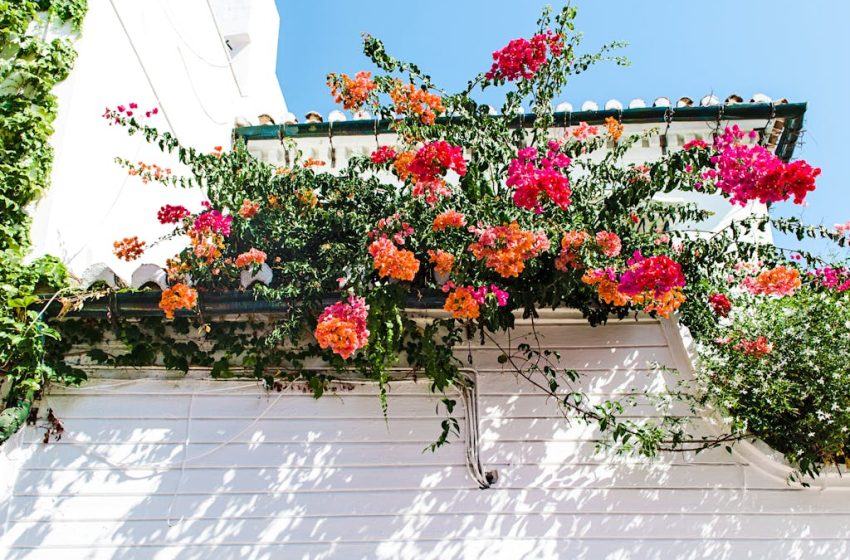
Eco-Friendly Outdoor Maintenance Solutions
Taking care of your outdoor spaces in an eco-friendly way not only helps the environment but can also make your garden or yard more enjoyable. Here are some simple and effective eco-friendly outdoor maintenance solutions:
Use Natural Lawn Care Products
Avoid chemical fertilizers and pesticides, which can harm the environment and your health. Instead, opt for natural lawn care products. Organic fertilizers made from compost, manure, or bone meal can provide essential nutrients without harmful side effects. Natural pesticides, like neem oil or insecticidal soap, can keep pests at bay without damaging beneficial insects.
Practice Water Conservation
Water is a valuable resource, so utilize it properly. Install a rain barrel to collect rainwater, which you can use to water your plants. Water your lawn and garden in the early morning or late evening to reduce evaporation. Use a drip irrigation system to deliver water directly to the roots, minimizing waste.
Compost Yard Waste
Instead of throwing away leaves, grass clippings, and other yard waste, start a compost pile. Composting turns organic waste into nutrient-rich soil that you can use in your garden. This reduces the need for chemical fertilizers and helps improve soil health.
Choose Native Plants
Planting native plants in your garden is beneficial for the environment. Native plants are adapted to your local climate and soil, so they require less water and maintenance. They also provide habitat for local wildlife and support biodiversity. Find out which plants are native to your area and incorporate them into your landscaping.
Use Eco-Friendly Outdoor Lighting
Traditional outdoor lighting can consume a lot of energy and contribute to light pollution. Switch to solar-powered lights or energy-efficient LED bulbs to reduce your energy consumption. Motion-sensor lights are also a great option, as they only turn on when needed, saving energy and reducing your electricity bill.
Practice Mulching
Mulching is an effective way to conserve moisture, suppress weeds, and improve soil health. Use organic mulch, such as wood chips, straw, or shredded leaves, around your plants. Mulch helps retain soil moisture, reducing the need for frequent watering, and adds nutrients to the soil as it decomposes.
Reduce Lawn Size
Lawns require a lot of water, fertilizer, and maintenance. Consider reducing the size of your lawn and replacing it with native plants, ground covers, or garden beds. This can create a more diverse and sustainable landscape that requires less upkeep and resources.




